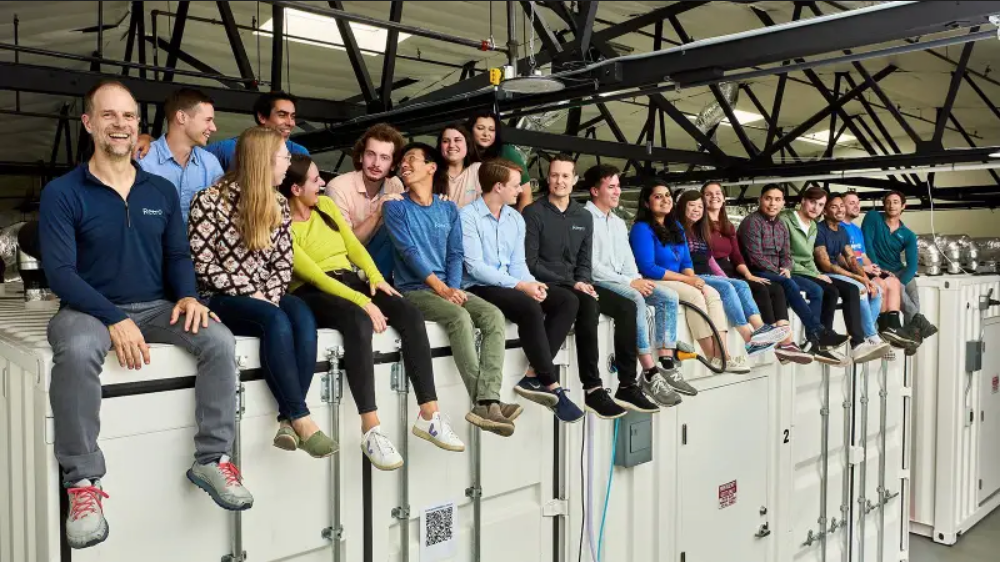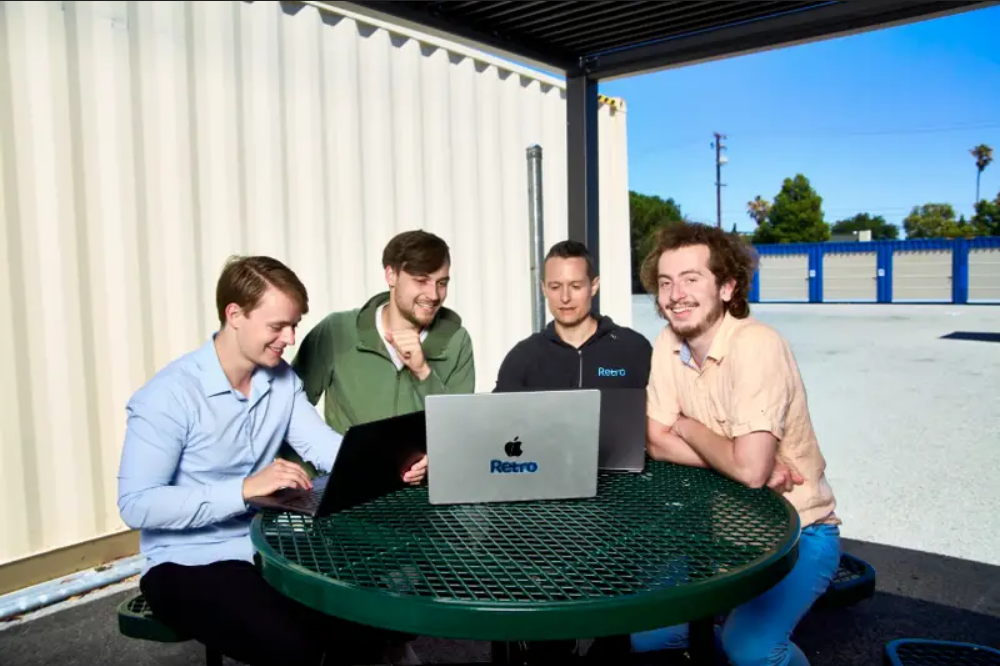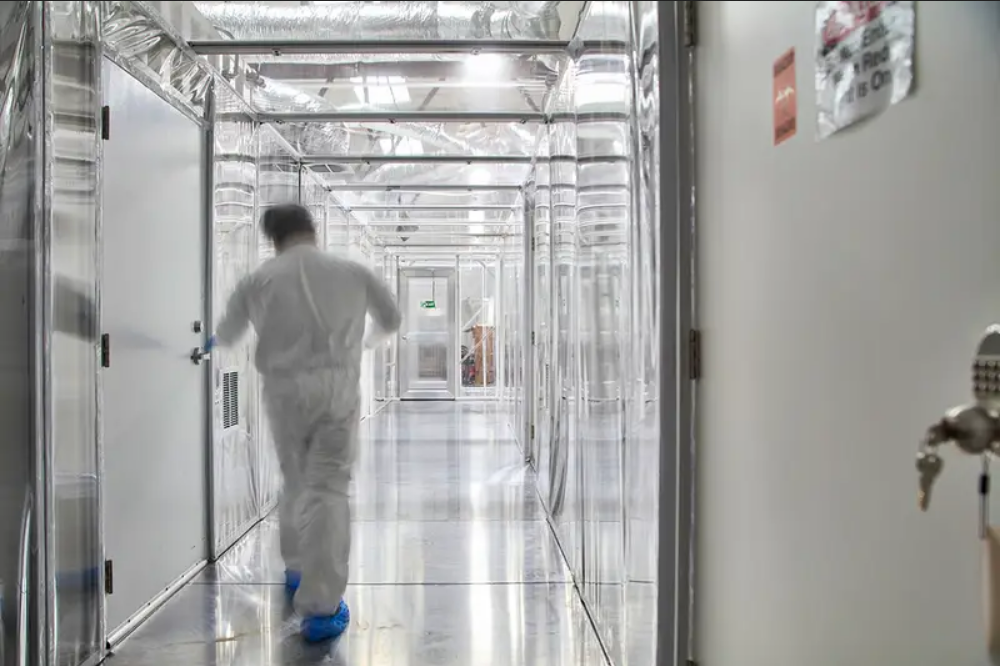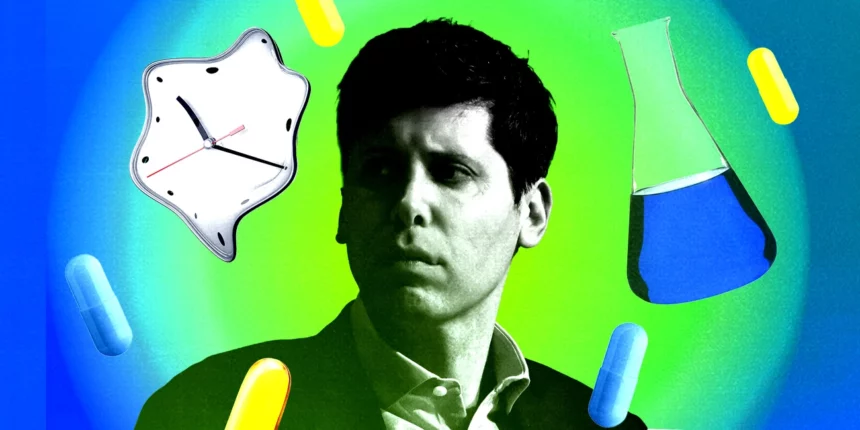Sam Altman, at just 38 years old, is a figure synonymous with the forefront of technological innovation. With a coding career spanning three decades, his leadership at OpenAI, through creations like ChatGPT and the more recent Sora, has catapulted him into a realm of influence paralleled by few in the tech world, such as Elon Musk and Mark Zuckerberg. Beyond his remarkable success with OpenAI and early investments in companies like Reddit, Stripe, Airbnb, and Instacart, Altman’s ventures into the sphere of longevity mark another ambitious chapter in his illustrious career.

In a quiet yet significant pivot, Altman has been investing his resources into Retro Biosciences, a startup with a bold objective: to extend human life by 10 healthy years. Launched with a $180 million fund during a period that Altman describes as a “lull” in his career, the initiative signals his profound interest in redefining human longevity. Teaming up with Joe Betts-LaCroix, a biophysicist and tech expert, Retro Biosciences stands at the intersection of Altman’s vision for the future, combining his technological prowess with a groundbreaking approach to biohacking.
Altman’s foray into longevity research seems like a divergence from his technological endeavours. Yet, it’s a reflection of his broader concern for society’s future and his proactive stance on addressing existential threats. This dual focus on technology and biology underscores Altman’s belief in his ability to tackle some of the most pressing challenges facing humanity, from energy sustainability to enhancing human health.
Retro Biosciences, nestled in the heart of Silicon Valley, embodies a “More pirate than navy” philosophy. With its unconventional lab setup and vibrant workspace, the company is exploring three primary avenues in longevity science: autophagy, cellular reprogramming, and plasma therapy. Each pathway offers a unique approach to ageing, from cellular maintenance and rejuvenation to blood plasma’s potential benefits. Betts-LaCroix’s strategy of breaking conventional biotech rules reflects a bold experimentation spirit, mirroring the ethos that has driven Altman’s successes in the tech industry.

Altman’s hands-on involvement in Retro.bio is a testament to his commitment to this venture. Despite his busy schedule, he maintains regular meetings with Betts-LaCroix, delving into the nuances of their research and strategizing their next moves. This close collaboration highlights Altman’s approach to innovation, characterized by direct engagement and a relentless pursuit of groundbreaking solutions.
The race to extend human longevity is not exclusive to Altman, with other tech magnates like Jeff Bezos and Peter Thiel also venturing into this field. However, Retro Biosciences stands out for its ambitious goal and its foundation in Silicon Valley’s innovative culture. As the company progresses, it aims to achieve significant breakthroughs by 2030, potentially mirroring the impact Altman has had with AI through OpenAI.
Will Altman’s venture into longevity science replicate his successes in the tech world? The industry is still in its infancy, making it difficult to predict who will emerge as the leader in this quest for extended human life. However, as Matt Buckley, a co-founder of Retro, suggests, the coming years are crucial for the company’s aspirations, potentially leading to significant discoveries that could transform our understanding of aging and health.

Betts-LaCroix’s excitement about living in an era where AI reshapes society mirrors the anticipation surrounding the potential breakthroughs in longevity science. With Altman at the helm, Retro Biosciences embarks on a journey that could not only redefine human health and ageing but also cement Altman’s legacy as a visionary capable of transcending the boundaries of technology and biology.







